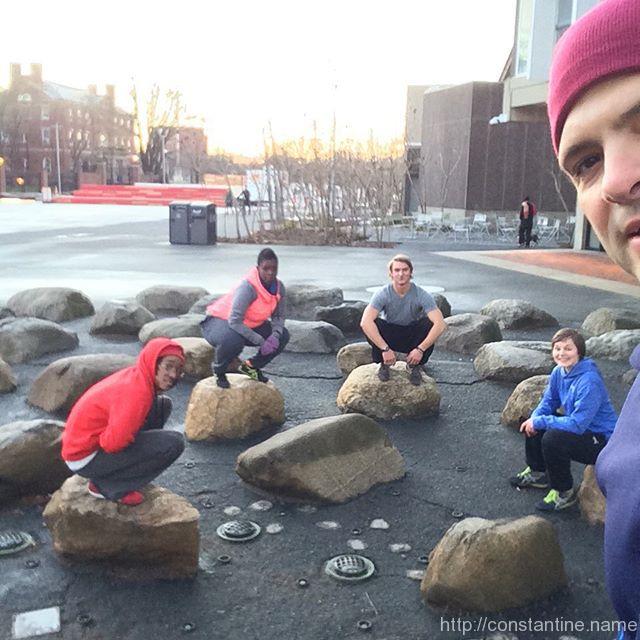I tell anyone who will listen about using physical sand timers for managing individual sessions of work. They are the perfect example of calm technology. I like to work with about 40 to 45 minutes of sand time.
Today I took a half an hour to have Claude build me a digital one. Often, I’m not within reach of my favorite sand timer and I’ve wanted to try building a digital one, which behaved exactly like a physical one. A digital one which was exactly as calm as a physical one.
A sand timer permits a constant flow rate through the neck. I didn’t bother modeling that.
In my descriptions and prompting I steered Claude to build a trivially simple approximation: The upper “sand pile” is a perfect triangle and it “drains” by having single-pixel rows removed from its top. The lower “sand pile” grows by adding lines to its top. This is NOT how a sand timer (which approximates fluid flow) actually behaves: It means the height drops at a constant rate, not an accelerating one.
When it was all working, I realized it was actually even more calm than a sand timer.
When you view a sand timer, the height of the sand changes at an increasing rate. In the beginning the height changes very slowly, and right near the end, the height runs down much more quickly.
But my digital sand timer is so calm, it even remains unhurried as it nears its end.
ɕ


